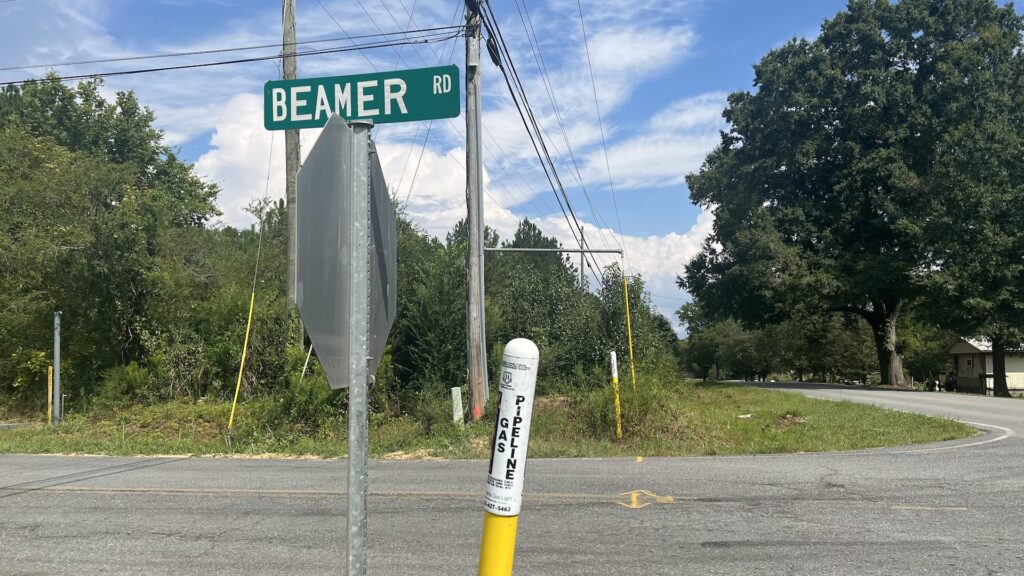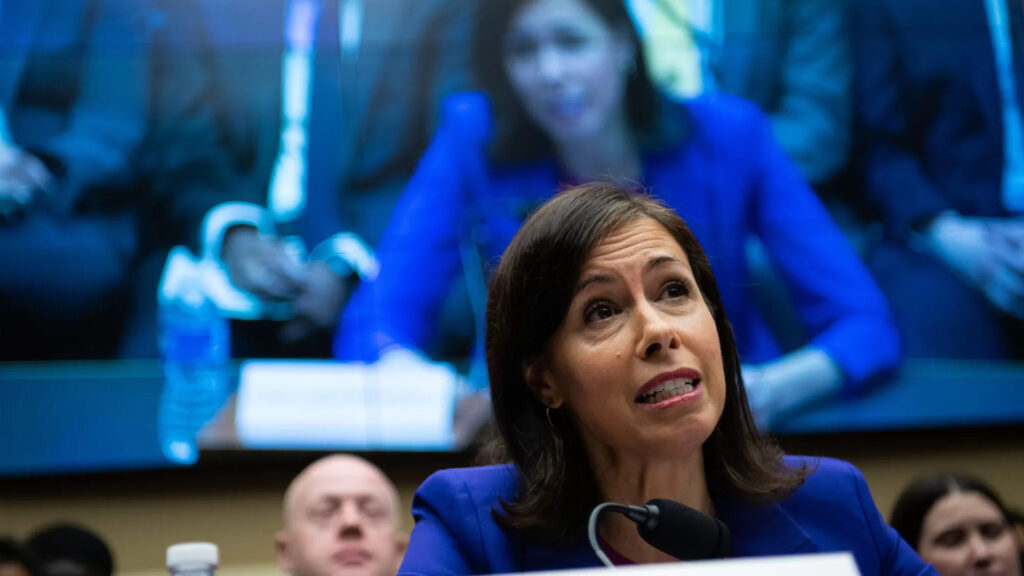
We all might like a haunted house or scary movie for Halloween. But there are some policy ideas that should be received as warmly as an overnight stay at the Bates Motel, or that neighbor who gave you pencils or rulers when you went trick-or-treating.
The scary part? These ideas aren’t like candy corn. Once they’re law, you can’t just throw them into the bottom of Camp Crystal Lake. Some are ideas from other states. Some are on the books here in Georgia.
Here are 11 spooky policy ideas we should all run from like a man in a mask is chasing us.
1. Banning gas-powered vehicles.
California became the first state in the nation to ban the sale of gas-powered vehicles. By 2035, dealers and manufacturers in the once-Golden State will only be allowed to sell electric vehicles, which surely don’t go fast enough to help you outrun the boogeyman. We have nothing against EVs. If it’s within your budget and your lifestyle, go for it. In fact, Georgia is lined up to be a leader in the manufacturing of EVs. But government does not need to tell people what kind of vehicles they can buy.
2. Allowing state regulations to block a new birth center in Georgia.
There is a growing interest among moms in birth centers, which provide an alternative to childbirth in a hospital setting. Yet, a healthcare entrepreneur who wanted to open a birth center in Augusta has been unable to do so. Not because of a lack of interest, but because of Georgia’s Certificate of Need laws. For now, moms in Richmond County still have to travel 2.5 hours to Atlanta if they want to use a birth center.
3. Schools continuing to sit on millions of dollars in reserves while not investing in pest control to keep rats away.
Since the beginning of the pandemic, school districts in Georgia and around the country have been flush with cash. What are they spending the money on? Apparently not pest control services to keep rats or other rodents away from children. Maybe the rats are just a Halloween decoration?

4. Not allowing people to build tiny homes on their own property.
Tiny homes provide a good opportunity for those who are younger, before they start a family, or perhaps empty-nesters. As the name implies, these homes are smaller than average at less than 400 square feet. But because they are smaller, they are much more affordable. Yet, when developers in Calhoun wanted to build a tiny house community on donated land, the city said they couldn’t. There are apartments and single-wide trailers in Calhoun but, at least for now, no tiny homes.
5. Artificially inflating grades by not allowing a grade below 50.
Atlanta Public Schools recently made changes to their grading system. If a student fails to turn in an assignment or simply gets everything wrong, they will no longer receive a zero. Instead, they will receive a 50. Somebody needs to tell the adults in Atlanta that artificially inflating grades won’t help children learn … or prepare for life as an adult.
6. Easing sanctions on Venezuela while continuing to stifle America’s own oil and gas exploration.
The Biden Administration recently eased certain sanctions on Venezuela’s oil and gas sanctions in a move to allow the United States to import more oil from the country. At the same time, the administration has blocked domestic efforts to tap our nation’s own supplies. That’s almost as ill-advised as assuming the horror movie villain is dead … and getting too close to check.
7. Having the government compete with the private sector to offer high-speed internet.
There are some who believe that local governments should compete with the private sector in offering high-speed internet. Yet, where this has been tried, it has been costly, unsustainable and anti-competitive, all while diverting taxpayer resources from higher priorities like education or roads.

8. Reinstating net neutrality.
Do you remember when the world was going to end a couple of years ago because the Federal Communications Commission repealed so-called net neutrality? Somehow, we’re all still online. And since then, the internet has only become faster, with more unique services for our individual needs. Put the doomsday clock aside … for now. Still, there is a push from die-hards in Washington to reinstate net neutrality.
9. Not using this opportunity for transformative tax reform in Georgia.
Georgia is currently sitting on an $11 billion surplus because of economic growth and conservative budgeting. This naturally leads many in government to start talking about all the things they could do with that money. Georgia is scheduled to lower the income tax to 4.99%, but it could go further. To remain competitive, Georgia needs to look at lasting, transformative changes to the tax code rather than temporary measures or industry-specific incentives.
10. Blocking high-quality charter schools in your community.
Atlanta recently had the opportunity to provide a new option for students in the city with special needs. Instead, the school board chose to reject an application from Tapestry Public Charter School, a high-performing charter school in nearby DeKalb County.
11. Imposing unnecessary burdens on how craft brewers can sell their products.
Breweries in Georgia are allowed to sell their product directly to consumers, but to sell in a retail setting, they must go through a middleman known as a distributor. This limits a brewer’s ability to make a living, while limiting choices and raising costs for consumers.